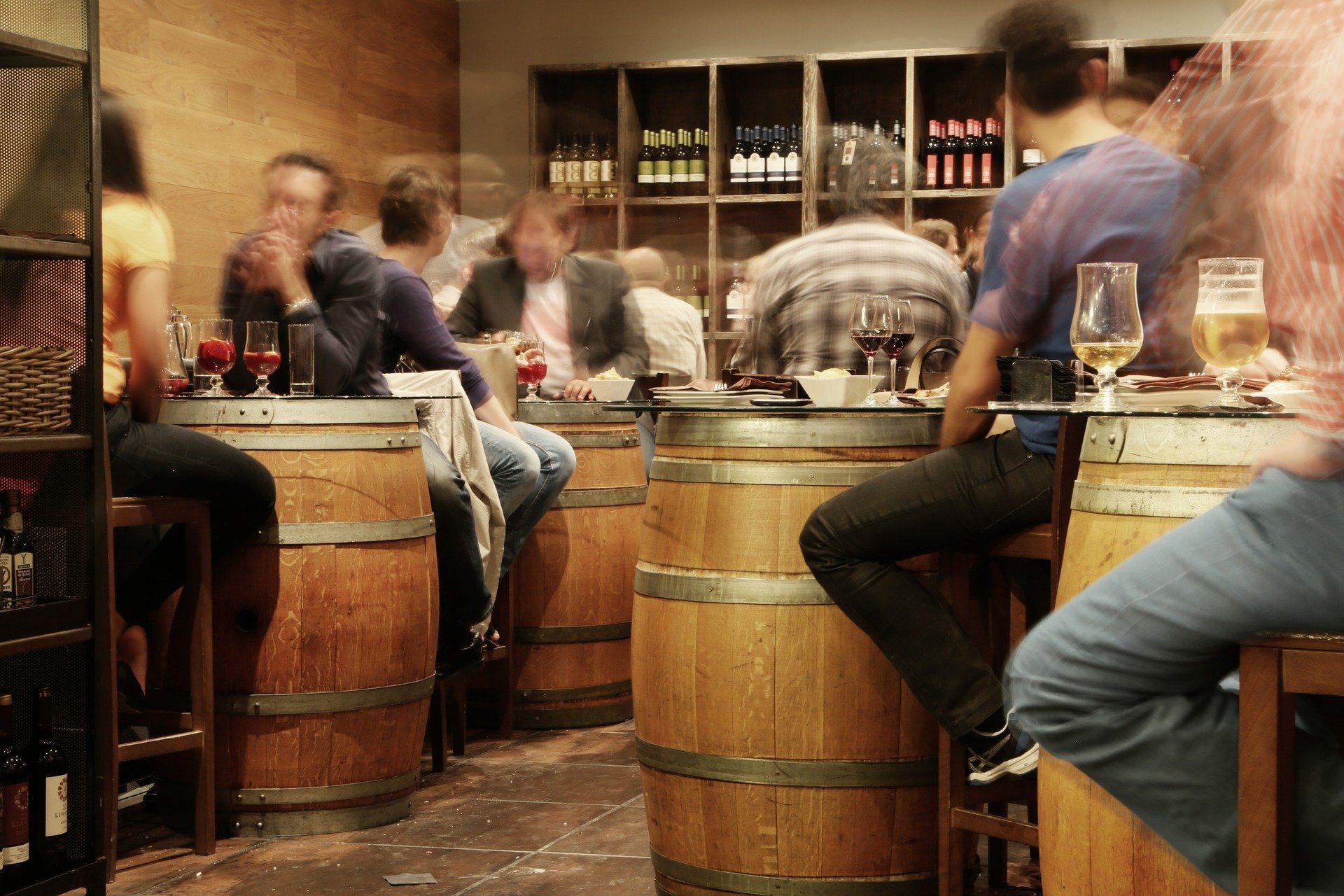Many high-profile pundits from both the business and political arenas warn of the potential devastation of a second wave of coronavirus. But small business owners in America know that the effects of the first wave are far from over. Business owners also know firsthand that small businesses continue to bear the brunt of the pain inflicted by the pandemic.
Bar and Restaurants
Entrepreneurs seeking business funding and financing for bars and restaurants know they face an uphill battle in even the best economic conditions. But nothing could have prepared these small business owners for the effects of a global pandemic.
The National Restaurant Association reports the bar and restaurant industry lost $80 billion due to the coronavirus over March and April in 2020. By the end of the year, the loss tally reached $240 billion.
Business experts estimate that as many as 40 percent of U.S. restaurants and bars closed their doors in 2020. This number includes hundreds of thousands of business owners unable to survive the effects of the pandemic. Unfortunately, many more crushed dreams are possible without appropriate federal aid for small business owners.
A few tips that may help owners of small restaurants survive Covid-19 include:
- Adhering to social distancing protocols
- Expanding off-premise dining alternatives
- Redesigning the menu for online customers
- Switching to takeaway and delivery services
- Streamlining production.
Travel and Tourism
Small business owners that support themselves by facilitating customer experiences far away from home may experience more suffering than other entrepreneurs as the pandemic rages on.
According to the latest estimates, the travel industry losses were more than $500 billion by the first day of 2021. The total economic effect of lost business is more than a trillion dollars. Those numbers represent more significant losses than those experienced after the 2001 attack on the World Trade Center.
The outlook is even bleaker from a global perspective. More than 100 million people working in travel-related occupations are without work due to the pandemic. The global impact on the GDP is already near $3 trillion with no end in sight.
Live Entertainment
The ability to put on sporting events, conferences, and live musical performances have taken a significant hit since the onset of the pandemic.
One group of analysts estimate the total loss in growth for the entertainment sector over the next half-decade could top $160 billion. The sports industry expects to lose more than $12 billion over the same period. These losses do not include the money lost by professional and college athletic programs.
Analysts explain that even though restrictions are not as strict now as they were at the beginning of the pandemic, many live entertainment fans are slow to enjoy these activities. One poll completed in 2020 showed that nearly 75 percent of sports fans said they would not attend a live event until a vaccine was available.
Industry participants continue their struggle to find ways to deliver live entertainment to customers in a secure and trustworthy manner.
Mom and Pop Shops
Mom and pop shops are among some of the hardest-hit businesses by the ongoing public health crisis, with thousands of them shutting down without ever filing for bankruptcy. Since many of those small business didn’t have a cash cushion for an entire economic shutdown, many of them preferred closing down than taking on debt without anyone guaranteeing that things would go back to normal in the near future.
By contrast, big box stores and online e-commerce business are thriving during the pandemic, with people flocking to hypermarkets and big-name department stores like there is no tomorrow. Meanwhile, mom and pop shops lose their customers to big retailers and online platforms with no federal or state aid in sight. And since getting a lease to stay afloat or accessing rent relief is not an option for small businesses, no wonder many decide to quietly close shop.
Key Takeaway
The coronavirus pandemic has negatively impacted all business segments over the past year. But the effect has been disproportionately harsh for small entrepreneurs working in the live entertainment, restaurant, retail, and travel industries.
There is no doubt that things might one day return to normal for small business owners operating in these sectors. But unfortunately, many businesses will close their doors for good before the end of these trying economic times. Hopefully, small business owners who show creativity and leadership will enjoy a better chance of survival and may find themselves in a stronger position once the pandemic runs its course.



 Bitcoin
Bitcoin  Ethereum
Ethereum  XRP
XRP  Tether
Tether  Solana
Solana  USDC
USDC  Lido Staked Ether
Lido Staked Ether  TRON
TRON  Cardano
Cardano  Avalanche
Avalanche  Toncoin
Toncoin